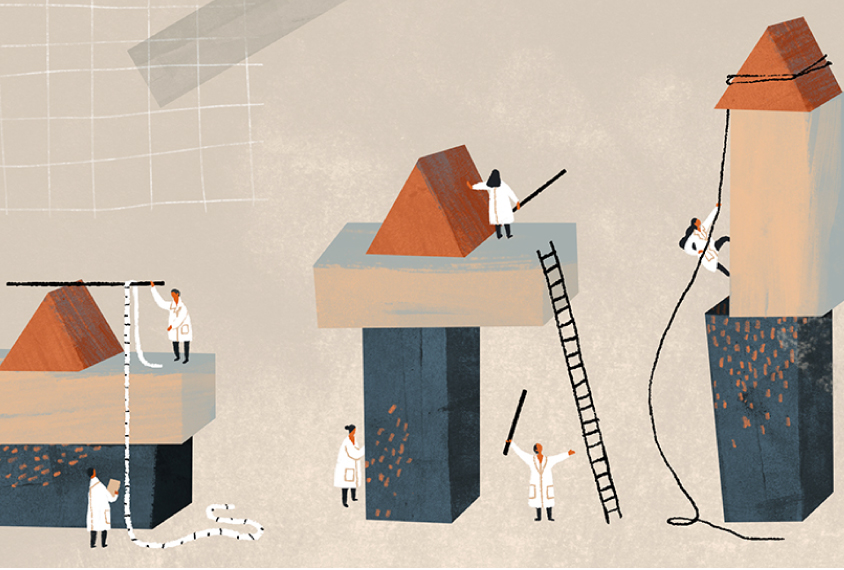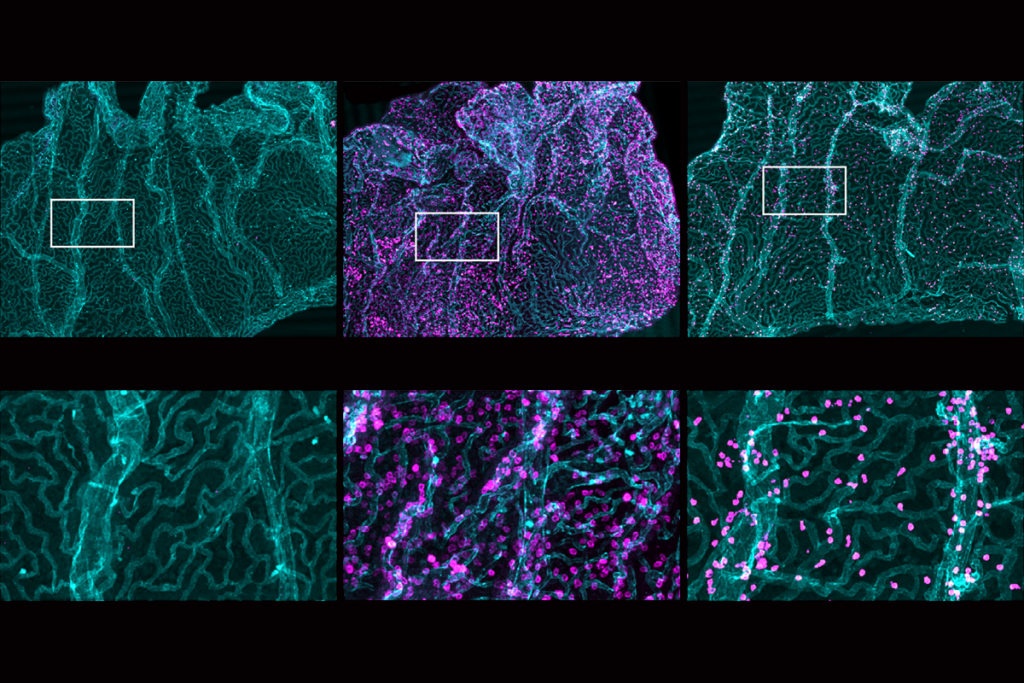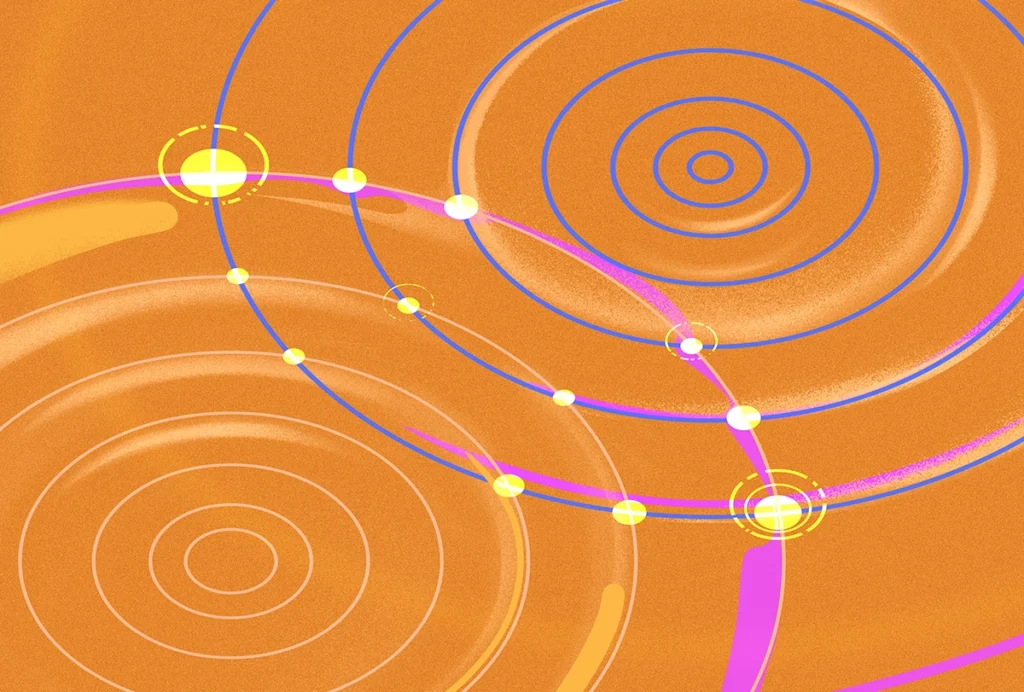Eric Fombonne is former director of autism research at the Institute on Development and Disability at Oregon Health and Science University. He trained in child and adolescent psychiatry in France and has held appointments as clinical scientist at the National Institute of Health and Medical Research in France; senior lecturer and reader at the Institute of Psychiatry and Maudsley Hospital at King’s College London in the United Kingdom (1993-2001); and tenured professor of psychiatry, head of the child psychiatry division and Canada research chair in child psychiatry at McGill University in Canada (2001-2012). Fombonne has a long experience of clinical work with children with autism and their families over the lifespan and has been also directing clinical services for teenagers with depression. His research on developmental disorders and child and adolescent psychiatric disorders encompasses clinical longitudinal and population-based epidemiological studies, clinical trials and genetic studies. He has published more than 300 articles in peer-reviewed journals and 40 chapters in books. He is past associate editor of the Journal of Autism and Developmental Disorders (1994-2004) and is currently joint editor of the Journal of Child Psychology and Psychiatry. He is also on the editorial board of several other journals in the field of autism and child psychiatry.




